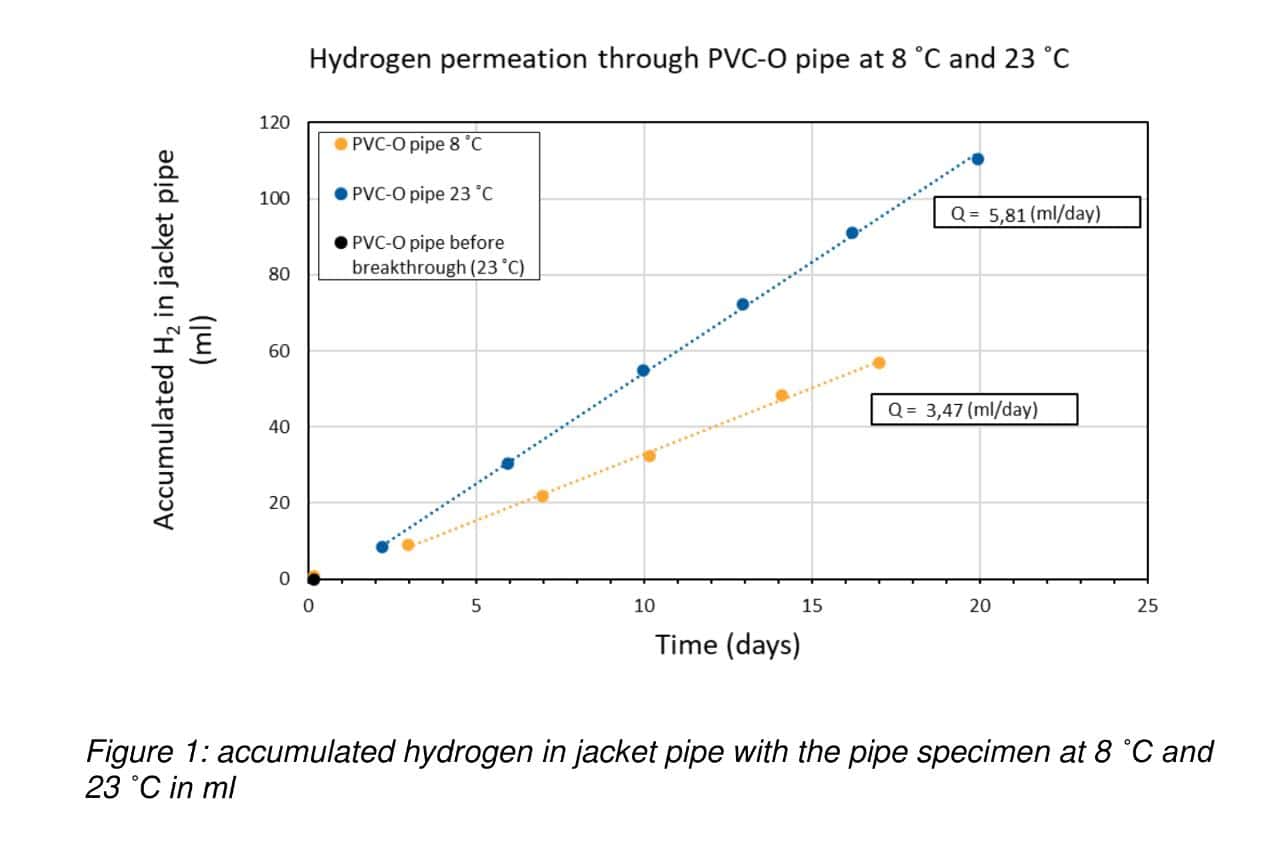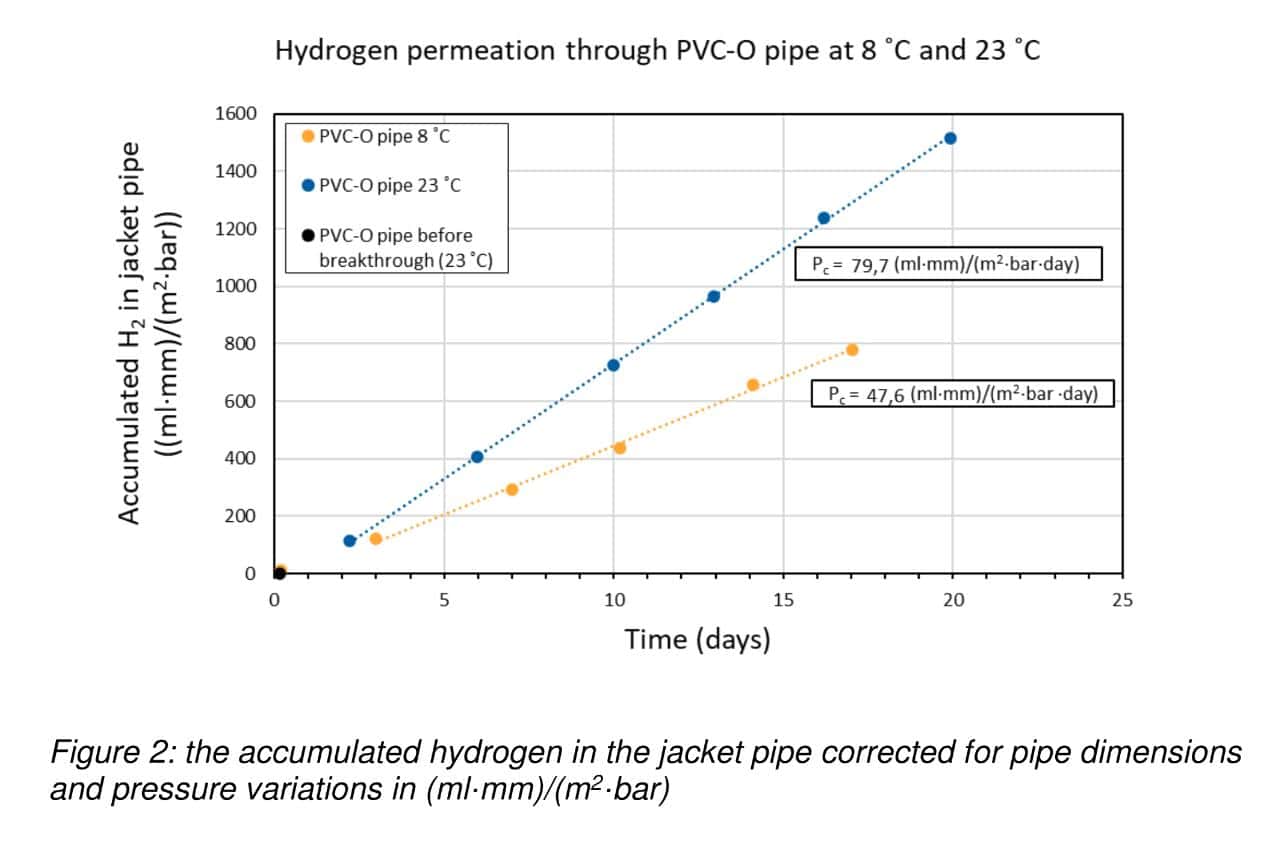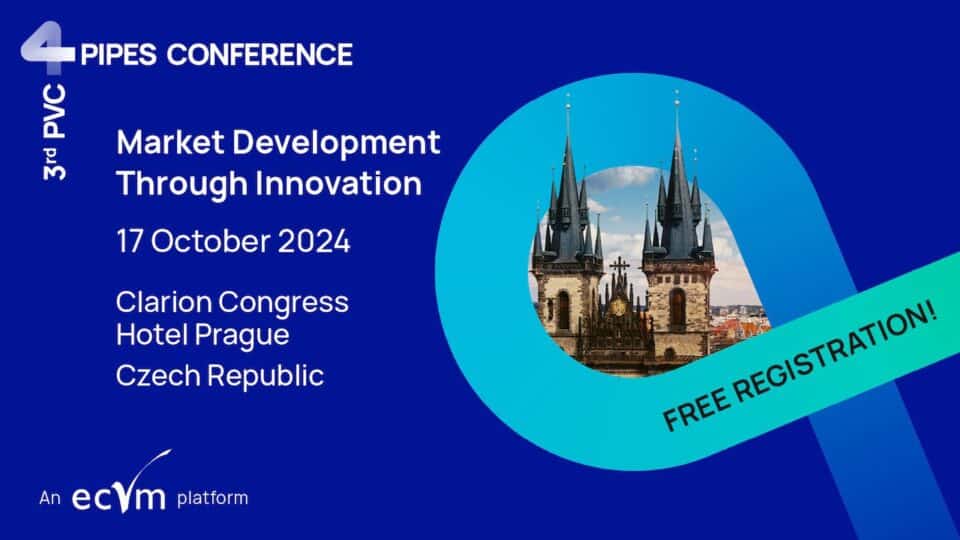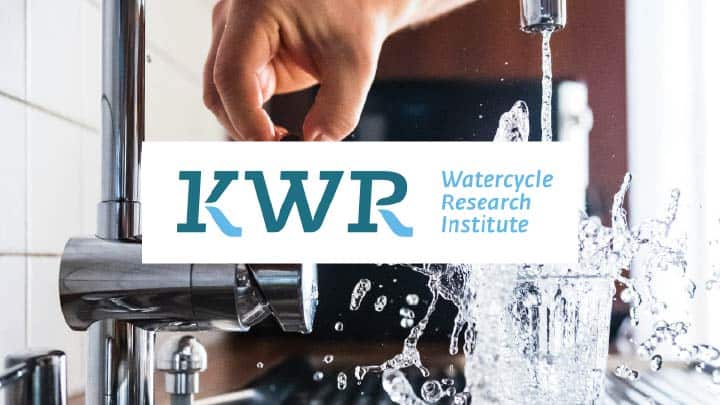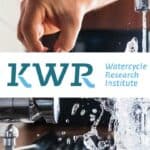
PVC4Pipes Engages in Pioneering Knowledge Programme for PVC Drinking Water Networks in the Netherlands
31/05/2024
Registration Open for the 3rd PVC4Pipes Conference: Market Development Through Innovation
07/06/2024In a recent initiative, PVC4Pipes commissioned Kiwa Technology to conduct a detailed study aimed at enhancing the understanding of molecularly oriented PVC (PVC-O) pipes in hydrogen distribution networks. PVC-O is the result of a production process that turns the amorphous structure of unplasticised PVC (PVC-U) into a layered structure. The material is finding increasing usage for pressure pipes for drinking water, as well as buried non-potable applications such as irrigation and sewer pumping mains.
The study, titled Hydrogen Permeation of PVC-O Pipe and Coupler at Different Temperatures, focuses on the performance of PVC-O compared to traditional materials such as PVC-U and impact-modified PVC (PVC-HI), with a special emphasis on the impact of temperature variations.
The findings indicate that PVC-O pipes and M-110 couplers perform comparably or even better than traditional PVC materials, particularly under cooler conditions. The research measured permeability coefficients and permeation rates at temperatures of approximately 8°C and 23°C, and pressures of 200 mbar(g). It was noted that resistance to hydrogen permeation increases significantly at lower temperatures. The study was presented at the recent PVC 2024 Conference in Edinburgh, UK.
This research expands on Kiwa's 2018 findings, which confirmed the suitability of PVC pipes for hydrogen transport.
PVC4Pipes, in collaboration with Netbeheer Nederland and Kiwa, is also investigating the viability of the existing natural gas grid for hydrogen transport. The study involves testing old pipes and joints from the Dutch gas grid for leak tightness and angular deflection.
Results show that both PVC-U and PVC-HI pipelines exhibit minimal hydrogen permeation and maintain structural integrity, even after accelerated aging. Given the age of the grid and the performance of these components, it can be assumed that the Dutch natural gas grid can transport hydrogen safely for many decades.

